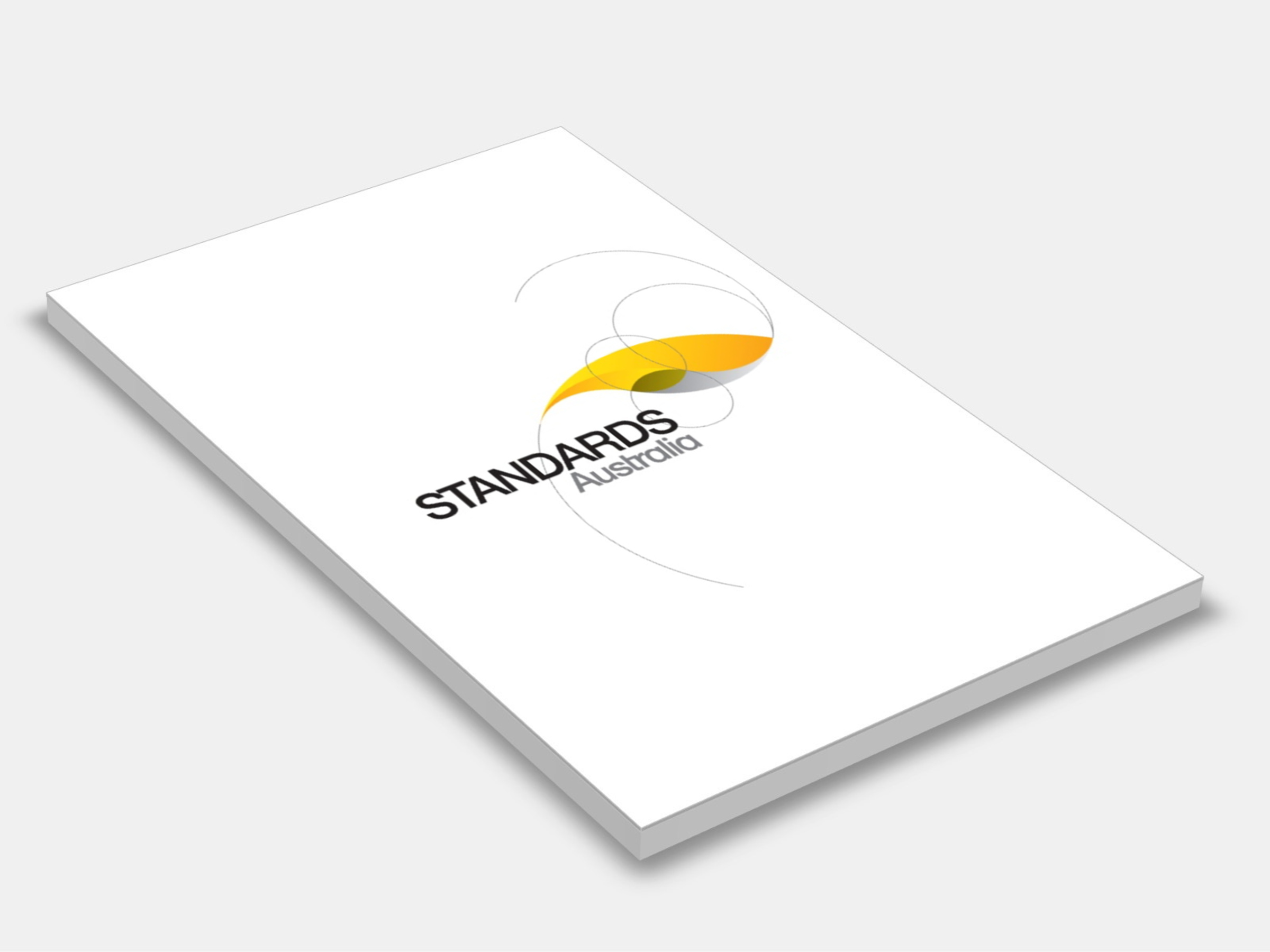
Type
Publisher
Standards Australia/Standards New Zealand
Publisher
Standards Australia/Standards New Zealand
Version:
Second Edition 2014.
(Current)
Short Description
This Standard sets out requirements and recommended practices for the protection of the eyes and faces of persons against hazards such as flying particles, dust, splashing materials and molten metals, harmful gases, vapours and aerosols, solar radiation and high-intensity radiation generated during operations such as welding and furnace work.
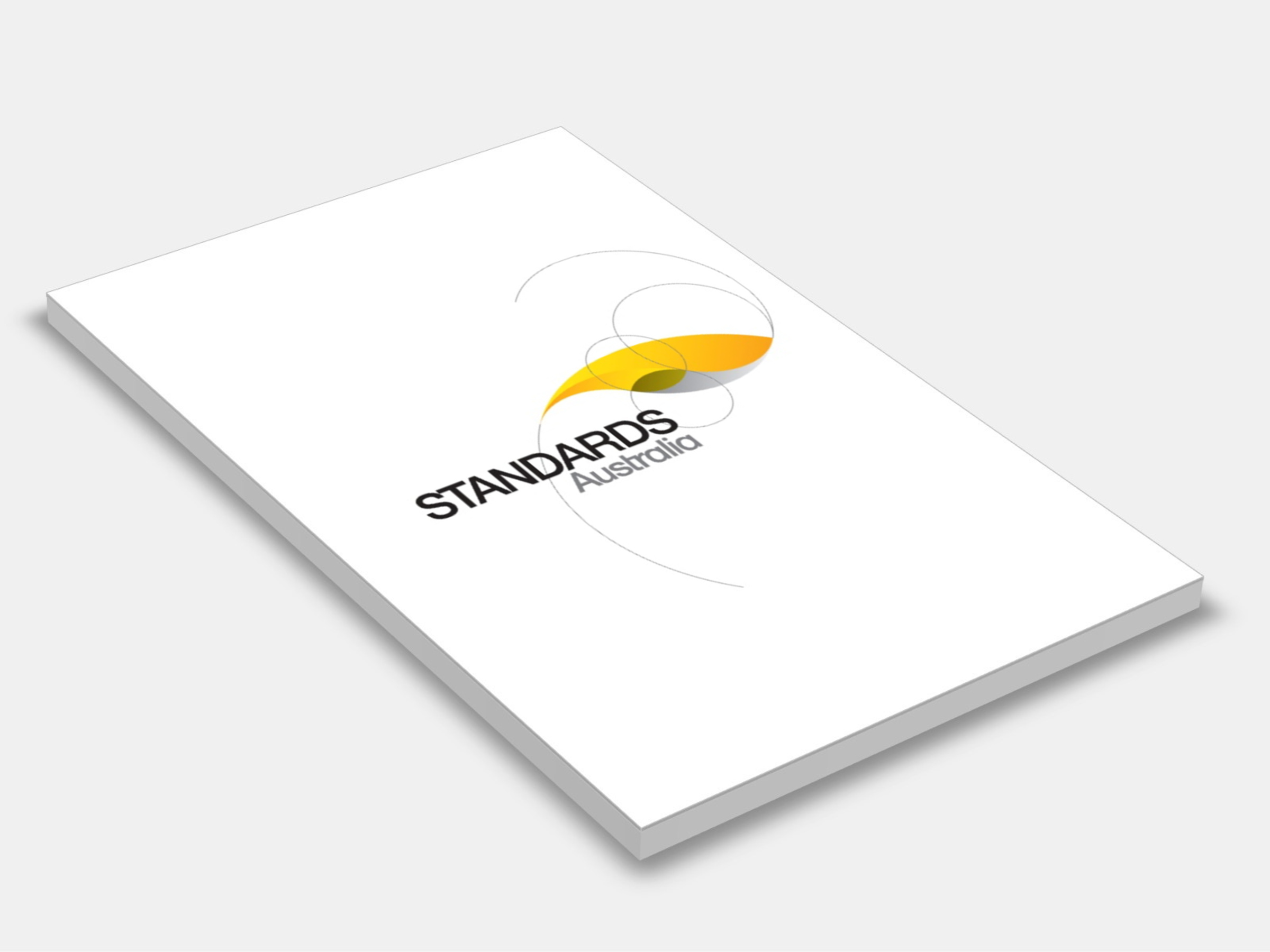
Type
Publisher
Standards Australia
Publisher
Standards Australia
Version:
First Edition 2020.
(Current)
Short Description
The objective of this Standard is to define and explain the principal terms used in the field of personal eye and face protection.
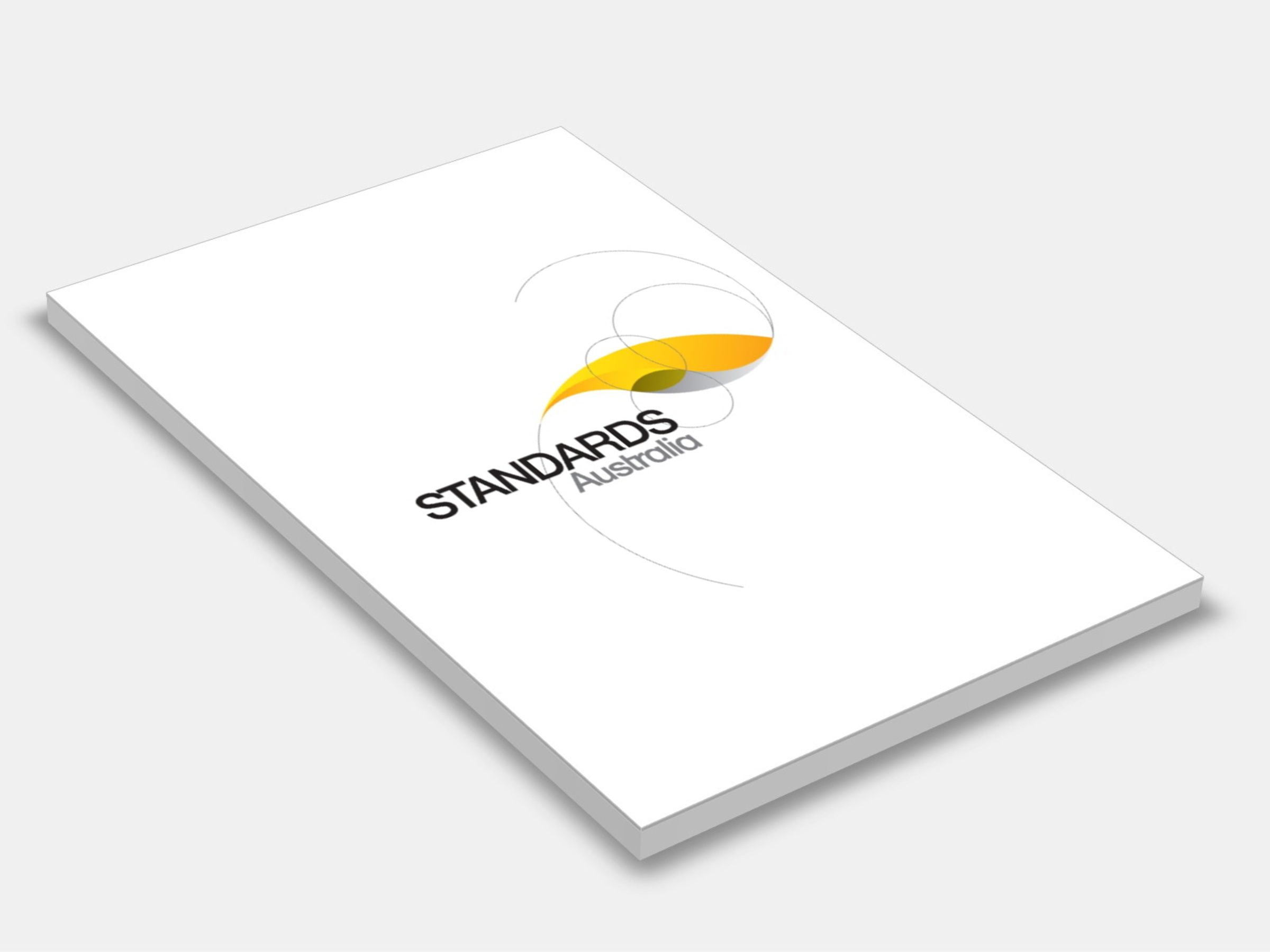
Type
Publisher
Standards Australia/Standards New Zealand
Publisher
Standards Australia/Standards New Zealand
Version:
Second Edition 2019.
(Current)
Short Description
Specify requirements and test methods for mounted spectacle lenses relative to the prescription order.
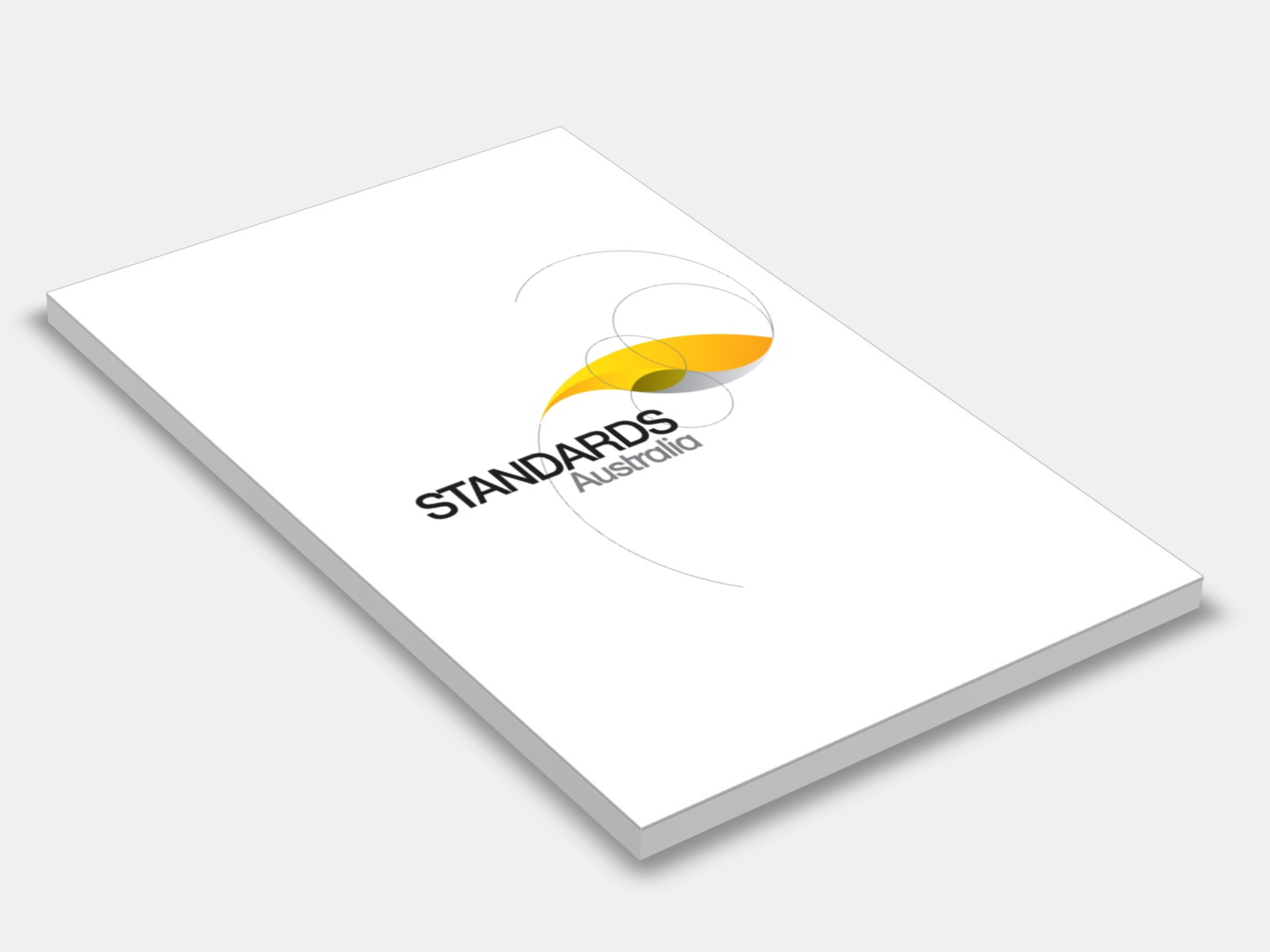
Type
Publisher
Standards Australia
Publisher
Standards Australia
Version:
First Edition 2016.
(Current)
Short Description
Specifies minimum requirements for sunglasses, fashion spectacles and replacement filters that are nominally afocal (plano power)-excluding prescription filters-providing protection against solar radiation for general use including road use and driving.
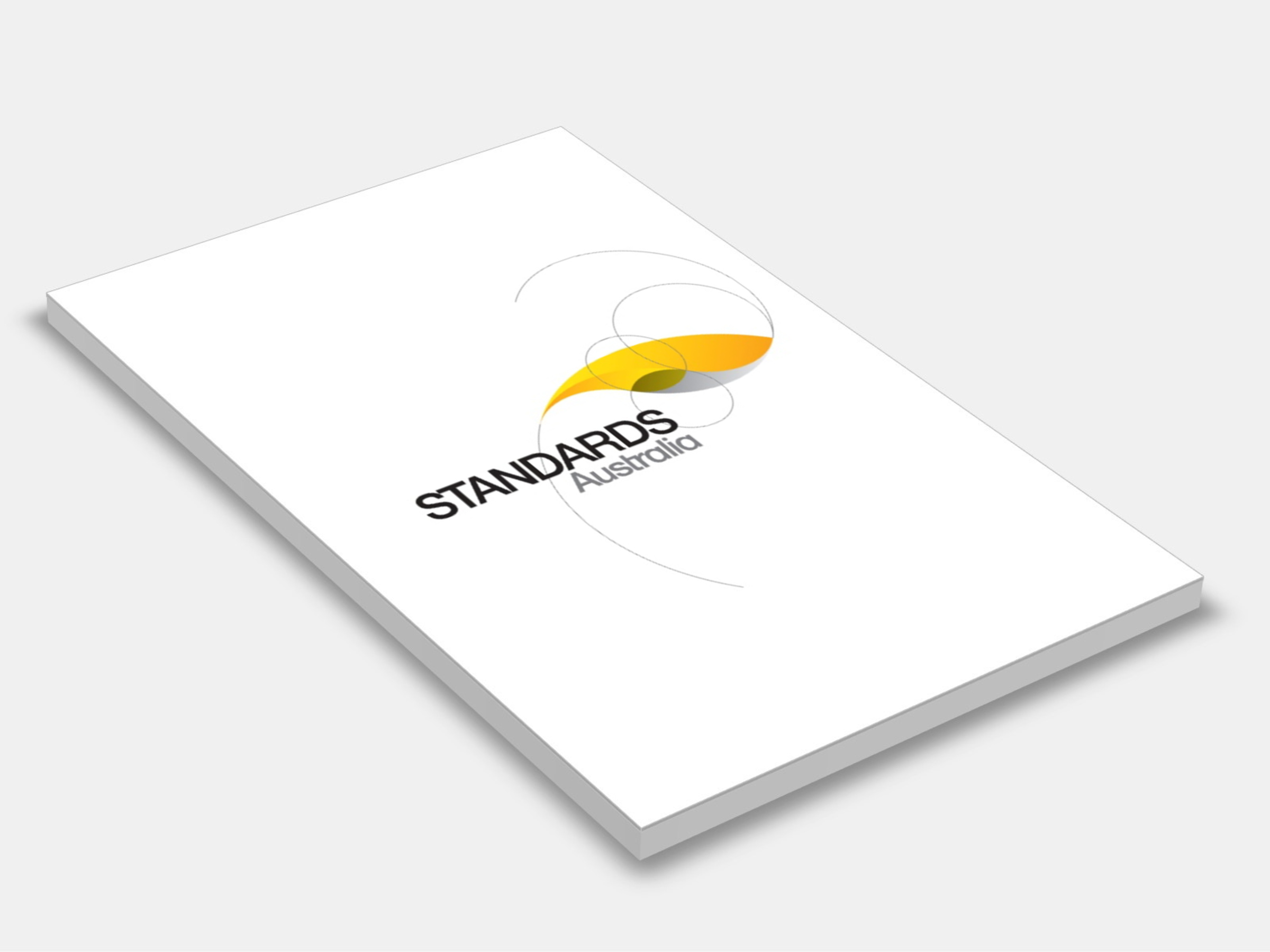
Type
Publisher
Standards Australia
Publisher
Standards Australia
Version:
Fifth Edition 2018.
(Pending Revision)
Short Description
The AS 3600 Concrete code; AS 3600 2009 specifies minimum requirements for the design and construction of concrete building structures and members that contain reinforcing steel or tendons, or both; sets out requirements for plain concrete and pedestal footings.
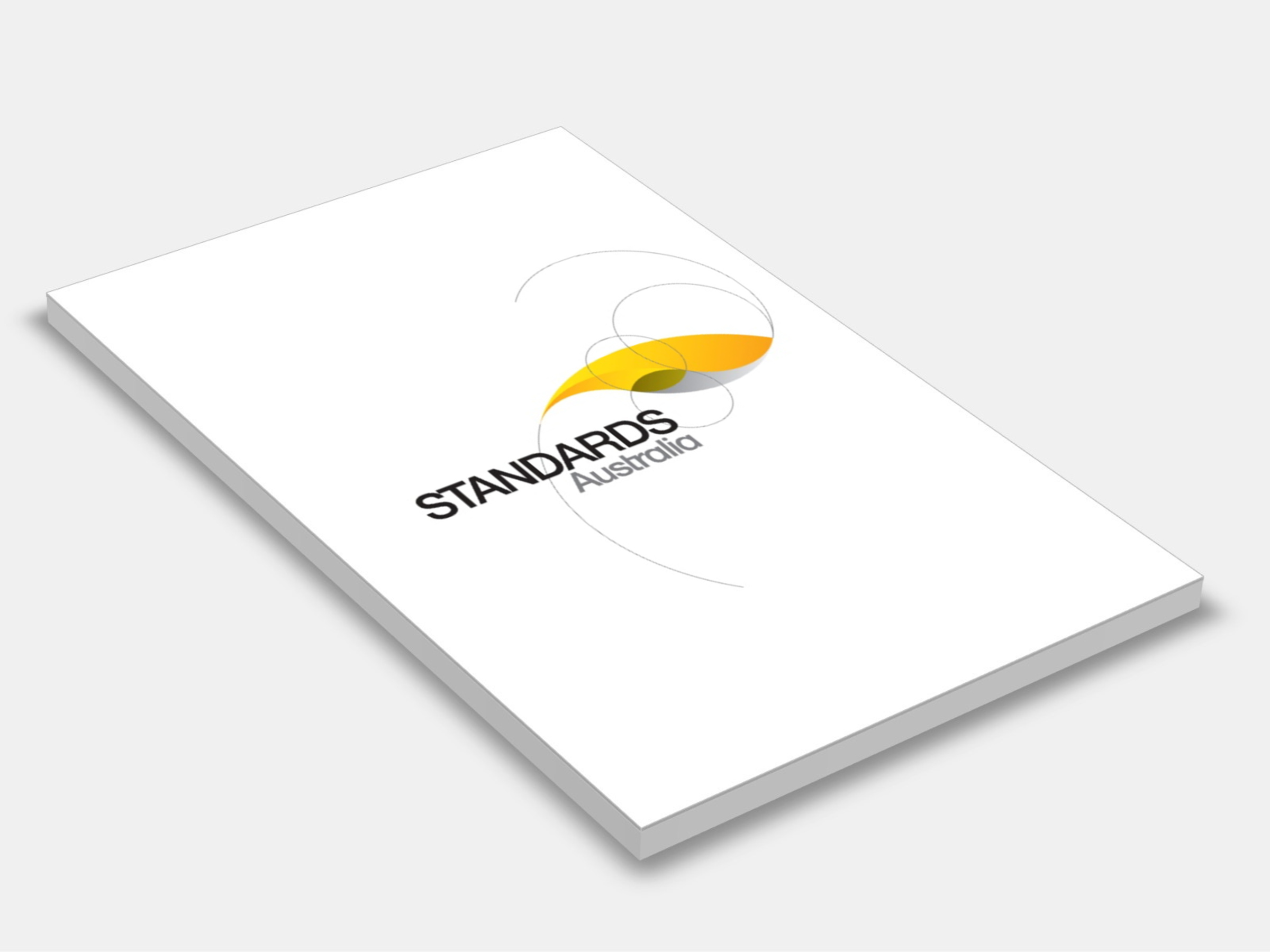
Type
Publisher
Standards Australia
Publisher
Standards Australia
Version:
Fourth Edition 2021.
(Current)
Short Description
This Standard, part of the AS 1684 series, specifies requirements for building practice and the selection, placement and fixing of the various structural elements used in the construction of timber-framed Class 1 and Class 10 buildings as defined by the National Construction Code; provisions also apply to alterations and additions to such buildings; to be used in conjunction with the Supplements.

Type
Publisher
Standards Australia
Publisher
Standards Australia
Version:
Third Edition 2023.
(Current)
Short Description
AS 3958:2023 provides instructions on the preparation of the background and the bonded fixing and grouting of floor and wall tiles including mosaic tiles and panels.
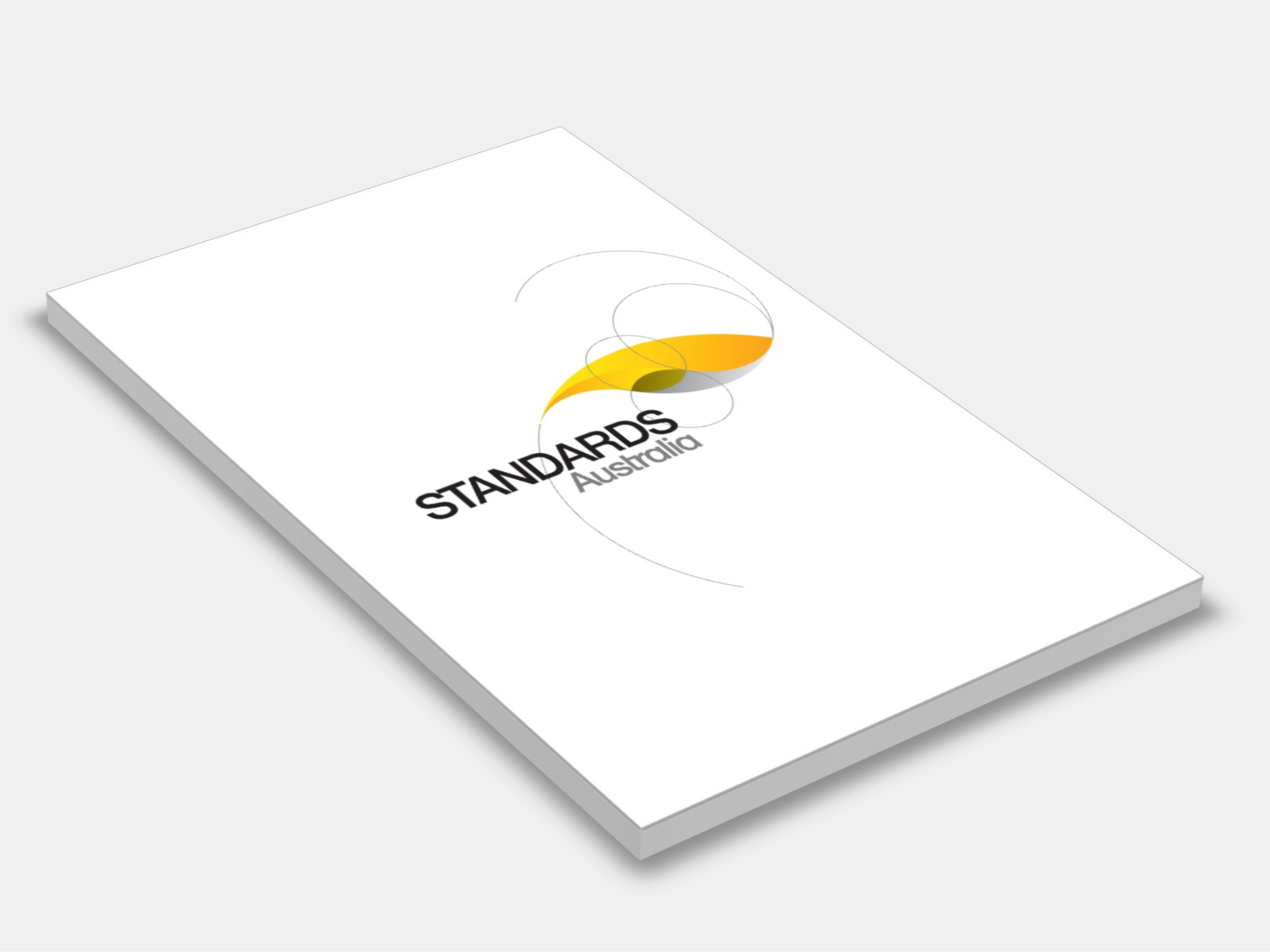
Type
Publisher
Standards Australia
Publisher
Standards Australia
Version:
Fifth Edition 2018.
(Current)
Short Description
Sets out requirements for the design, selection, construction and installation of fixed platforms, walkways, stairways and ladders that are intended to provide safe access to places used by operating, inspection, maintenance and servicing personnel.
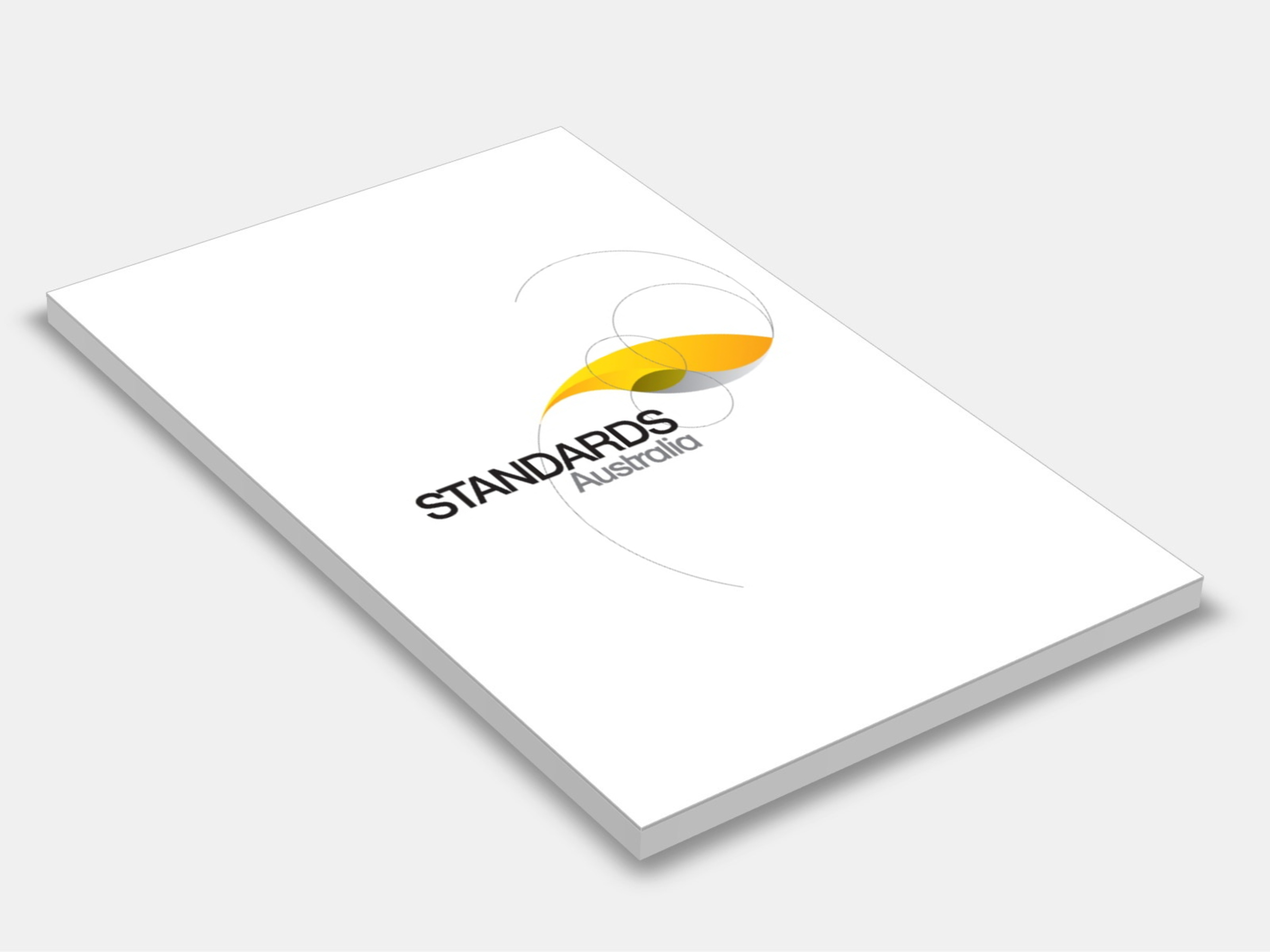
Type
Publisher
Standards Australia
Publisher
Standards Australia
Version:
Fifth Edition 2018.
(Pending Revision)
Short Description
Specifies minimum requirements for the design and construction of unreinforced, reinforced and prestressed masonry, including built-in components.
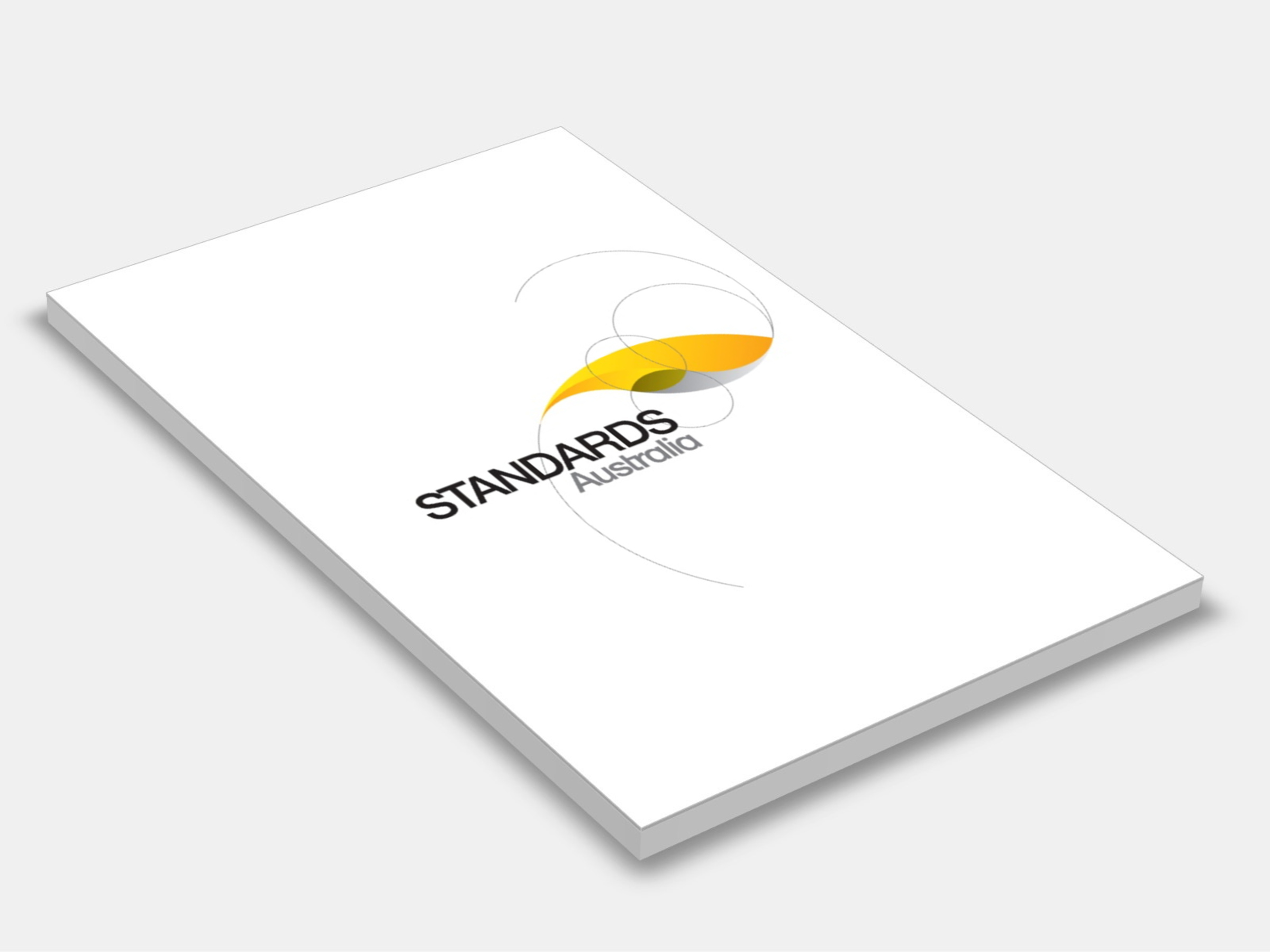
Type
Publisher
Standards Australia
Publisher
Standards Australia
Version:
Fourth Edition 2024.
(Current)
Short Description
AS 1684.4:2024, part of the AS 1684 series, provides the building industry with procedures that can be used to determine building practice, to design or check construction details, and to determine member sizes, and bracing and fixing requirements for timber-framed construction in non-cyclonic wind classifications N1 and N2.